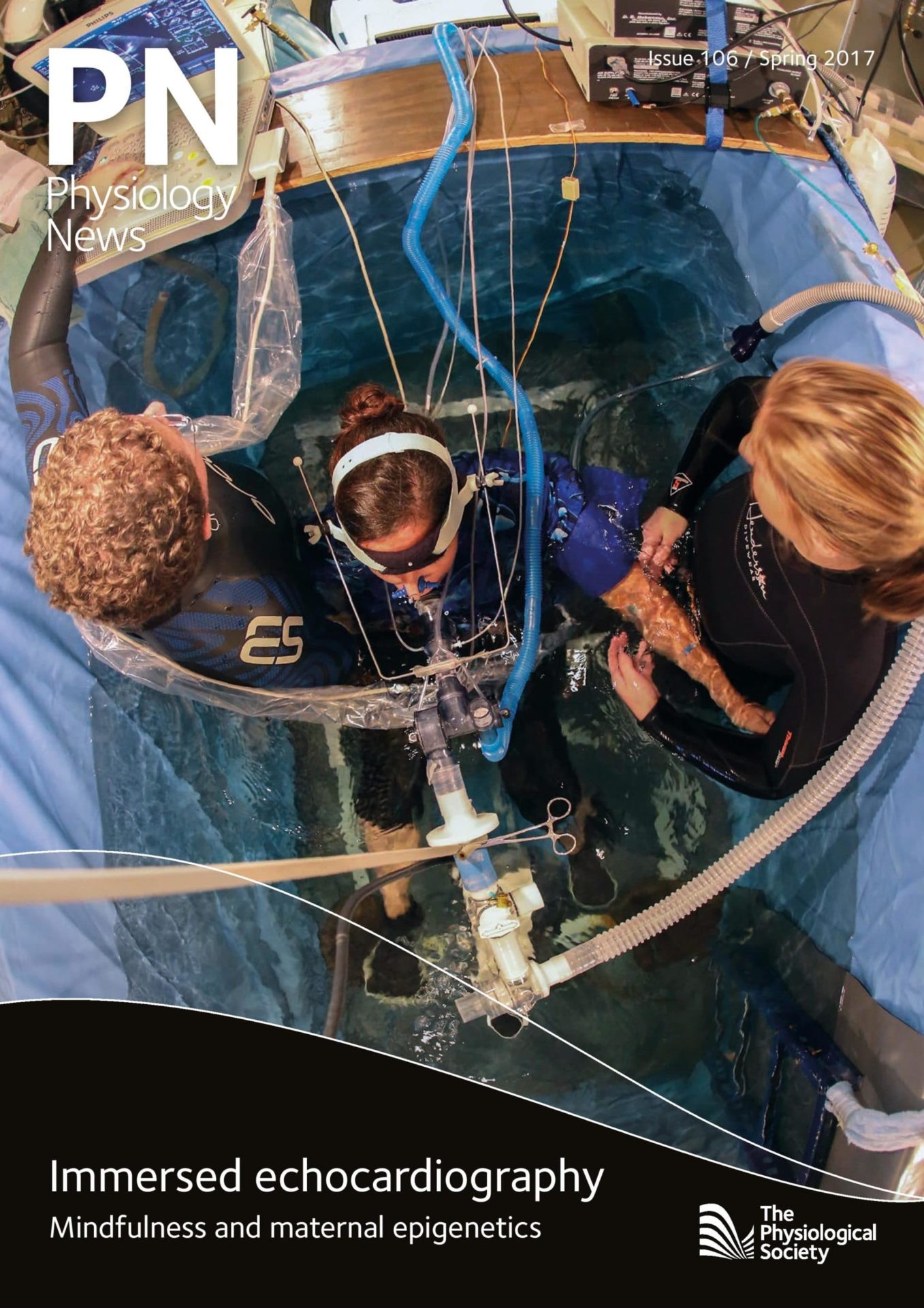
Physiology News Magazine
H3 Symposium: Gene Editing and Gene Regulation with CRISPR
15 November 2016, Hodgkin Huxley House, London, UK
Events
H3 Symposium: Gene Editing and Gene Regulation with CRISPR
15 November 2016, Hodgkin Huxley House, London, UK
Events
Nisha De Souza
Kings College London
https://doi.org/10.36866/pn.106.1
The H3 Symposium about CRISPR was the first one of its kind I have attended, and I am really glad I took this opportunity. As a third-year undergraduate student of Medical Physiology at King’s College London, I had the chance to take a module in Medical Genetics. I thought the symposium would be a great opportunity to explore the forefront of research in the overlap in the fields (between physiology and genetics).
We were given name badges as soon as we got in, offered tea and coffee, and took our seats. The symposium opened with the Chair of the Symposium, Patrick Harrison, giving a brief introduction to CRISPR. My knowledge of the subject was scarce, having only fleetingly touched on the topic in a Stem Cells module from the previous year. Thus, this opening was particularly helpful to give us a basis to start on.
Dr Julia Reichlet’s talk, including a special animation, also deserves special mention, as it clarified my understanding of the technique. I talked to her at the end and told her how grateful we were that she had taken the time to go through it, even though it wasn’t necessary for the rest of the attendees.
There was a wide variety of talks on the application of CRISPR to many diseases, calcium-dependent calcium release, cardiovascular applications and the treatment of Epidermolysis Bullosa. Interspersed throughout were talks from current PhD students about their ongoing work. We definitely took full advantage of the tea breaks throughout, and the lovely lunch.
Particularly interesting were the talks that overlapped with our course material. These included ‘Gene Editing for Muscular Dystrophies’ by Dr Linda Popplewell, ‘Gene Editing in Skin Diseases’ by Julia Reichlet, and the discussion of Amyotrophic Lateral Sclerosis in ‘Gene Editing of iPS Cells to Study Neurological Disease’ by Dr Rowan Flynn.
Following each talk, there was an opportunity for discussion and questions. We thoroughly enjoyed this part as a majority of the participants, who were more knowledgeable than us, were able to question the rationale behind certain methods.
At the closing drinks and a networking session, I took the opportunity to approach particular speakers with questions, which I was not confident enough to ask as a member of the audience.
The speakers were all very friendly and took the time to explain some basic concepts to me. Overall, attending the symposium was an enlightening and interesting experience, and I hope to be able to use some of this extra information to enhance my answers come final exams. It was exciting to hear about real-world application of these techniques and how many different diseases can benefit from the use of CRISPR.
I am extremely grateful to the physiology department for funding my attendance to the symposium, in particular Professor Peter Jones and Dr Rachel Tribe, who relay many physiology society events to us.
